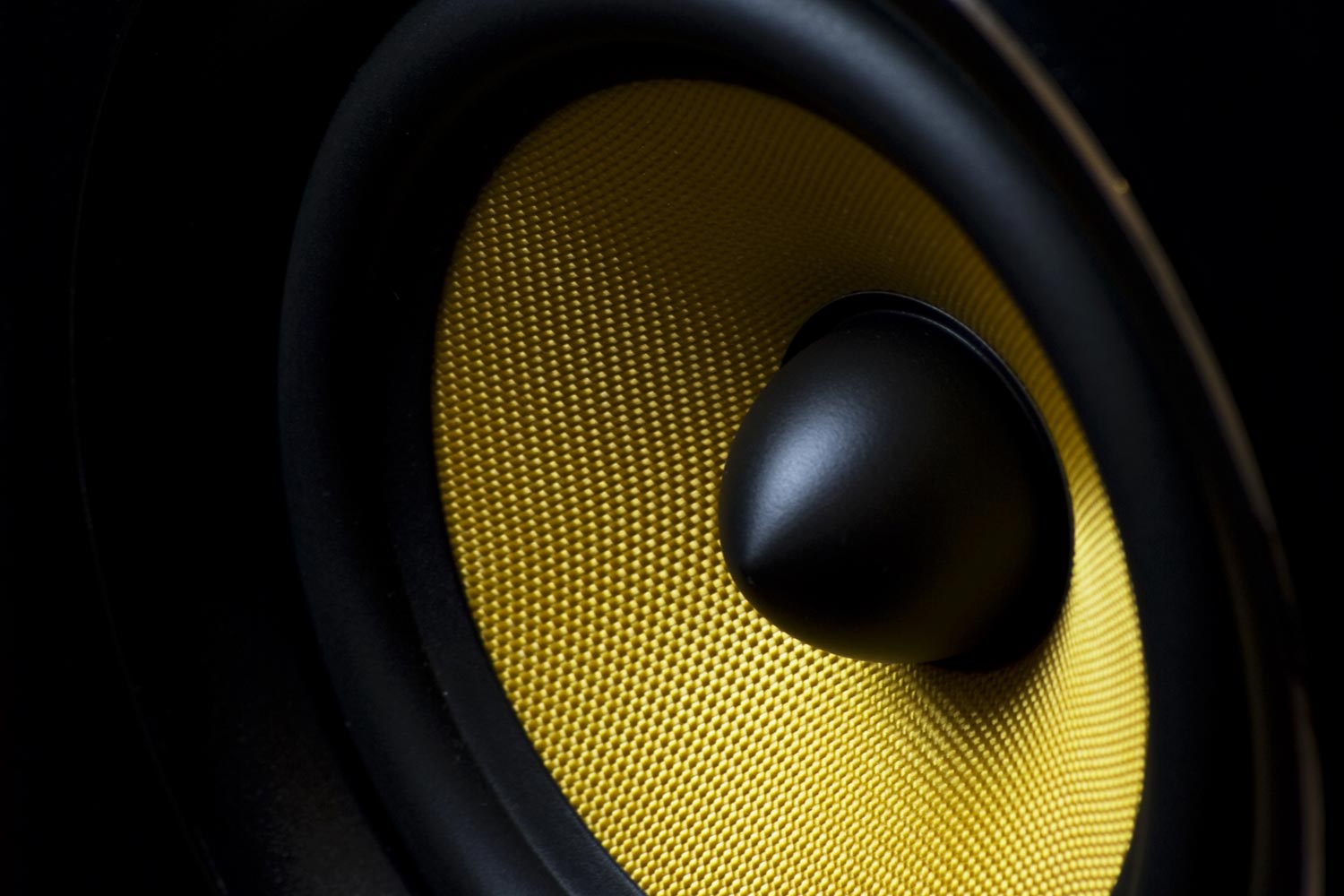If a tweeter blows, the sound will lose energy and sound boring...going shrill is not the speaker issue IMHO.
From your description it sounds like some shift in the EQ ? same thing happening in both speakers would be astronomical rare, forget only for one
If your amp or TV has an EQ try reducing the treble. If it sounds all normal with that, blame it on the gods and dont worry.
From your description it sounds like some shift in the EQ ? same thing happening in both speakers would be astronomical rare, forget only for one
If your amp or TV has an EQ try reducing the treble. If it sounds all normal with that, blame it on the gods and dont worry.




